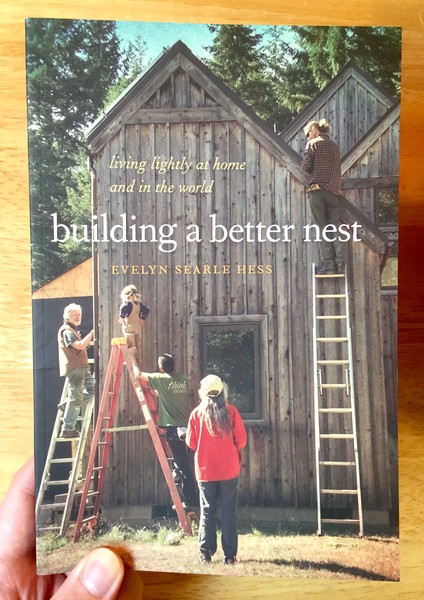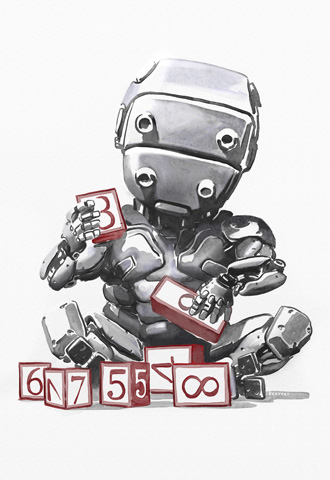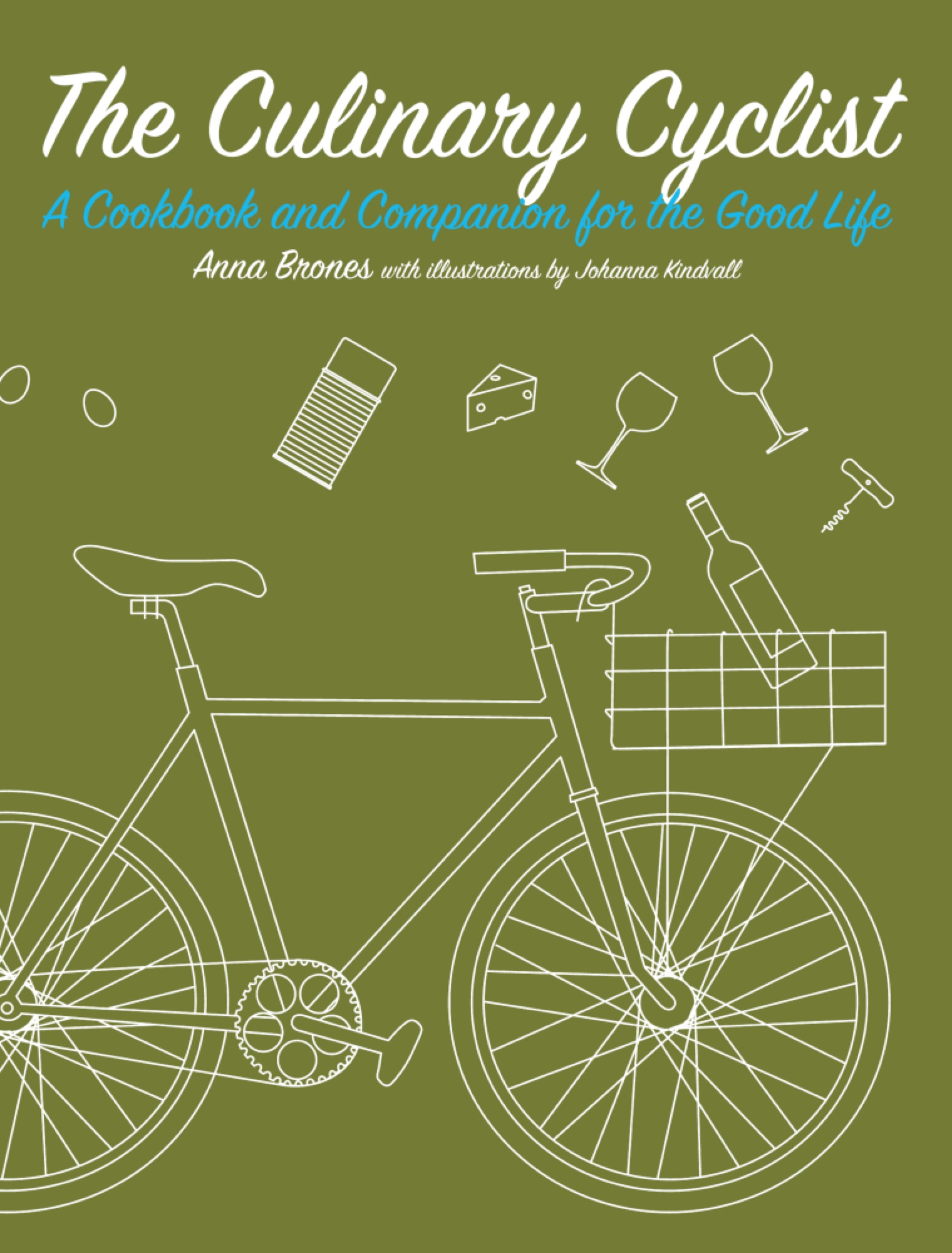This is the eighth post in our ongoing Business of Publishing series by Joe Biel, author of A People’s Guide to Publishing. This edition tackles one of our most popular questions: “How many copies of my book should I print?”
Many, many books have proven unprofitable because their initial print run was too low or too high. Often times not being able to manage this complex predictive math causes many small publishers to collapse under the weight of planning ahead with their own bestsellers.
So let’s look at a healthy way to be smart and plan ahead.
The longtime conventional wisdom is that a third of a book’s lifetime sales occur before its publication date. Another third happen over the next year and the final third happens gradually over the rest of the book’s lifetime. While this belief is becoming increasingly difficult to predict in a changing book-selling climate, the wisdom underpinning it still makes sense: math is your friend.
The wisdom is that for an independent book to make sense to publish, there should be at least 5,000 people who would want to read it that you can identify who they are and how to reach out to them. Of course, that does not mean that every initial print run should be at least 5,000. Indeed, some of our books are as few as 3,000 or even 2,000. It’s not that we doubt that we might sell 5,000 copies in the book’s lifetime. It’s that in some cases two printings of 3,000 costs about the same as one printing of 5,000 and it’s healthy to be a little wary.
The average book store sells one copy of the average book during the average year. When you consider that the vast majority of sales are bestsellers, you realize that most books sell even fewer copies than that. What this means is that simply publishing a book does not mean that it will sell or that book stores will want it. You have to make people interested.
Back to pre-sales:
If you have a trade distributor printing three times as many copies as you have preorders make senses. But if you don’t have a working relationship with a distributor, using a technology like Kickstarter to sell a few hundred or even thousand copies of the book before its release serves a much more important purpose than predicting print run or even raising money. It spreads the buzz about your book through word of mouth and can result in some publicity spots. Planning out blogs and magazines to pitch the book to during your campaign to light a time-sensitive fire can really help your chances of publicity and thus sales.
But Kickstarter or direct orders on your own website do not demonstrate demand or future sales for a book as they are often reaching a completely different audience. If your book isn’t represented by a trade distributor,mbegin to slowly reach out to bookstores once you have physical books to show to the buyers. Build a relationship.
We printed 3,000 copies each of, I believe, Microcosm’s first ten books. When I tell people this they respond that it seems bold, lucky, or outrageous that we have sold all 30,000 of those books and that most have seen multiple reprints. But my point is the opposite: Many of those proved much more expensive than they should have been because it’s much cheaper to add 1,000 or 2,000 additional copies to a print run than it is to print the correct number the first time around.
I lacked the understanding of how to predict the difference in sales from one book to another (as well as the quality of results from Google in 2015). Consider the size of the audience. You won’t sell a book to every person interested in it simply because you won’t reach them all or some of them don’t have time to read it or they think they know everything already or they don’t have the money or they simply never run into it at their favorite book store. But look at who is out there and how you can reach them. How much competition is there? Draw up a plan. Then realistically think of how many of those people would buy the book.
The number one mistake I witness firsthand is people making print runs that are much too small—100 or 500 copies. When they inevitably run out of them, they just need to print more. The amount of time and effort that goes into making a book is the same no matter what your print run is so it’s in your best interest to figure out what that ideal number is. I’d suggest starting in the neighborhood of 2,000-3,000 copies. It sounds like a lot but you’ll need the extras for reviewers and samples. It’s better to err on the side of giving a book to someone who could create a positive influence for it than to be forced into stinginess by a lack of copies. Besides, generosity creates more of the same.
For reprints, a good rule of thumb is to look at your sales history, see what the patterns are. Is it selling faster? Is it slowing down? Are there busier times of year than others? Plan a two-year supply and find a good place to store them. Sometimes sales completely taper off and you’ll have a lifetime supply. But at least you won’t have to face the question of how many copies of that book to print ever again.



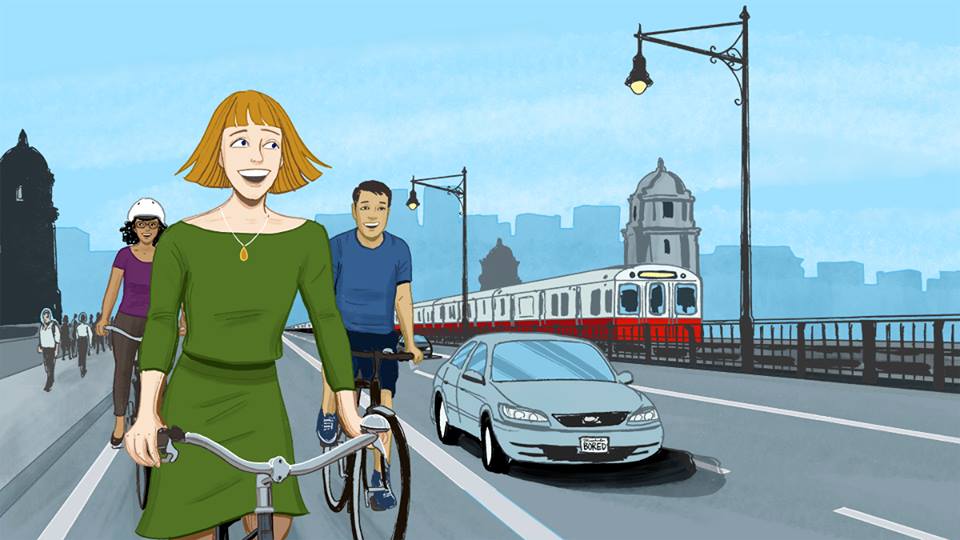 Of the fifty-plus contributors to our brand-new book
Of the fifty-plus contributors to our brand-new book 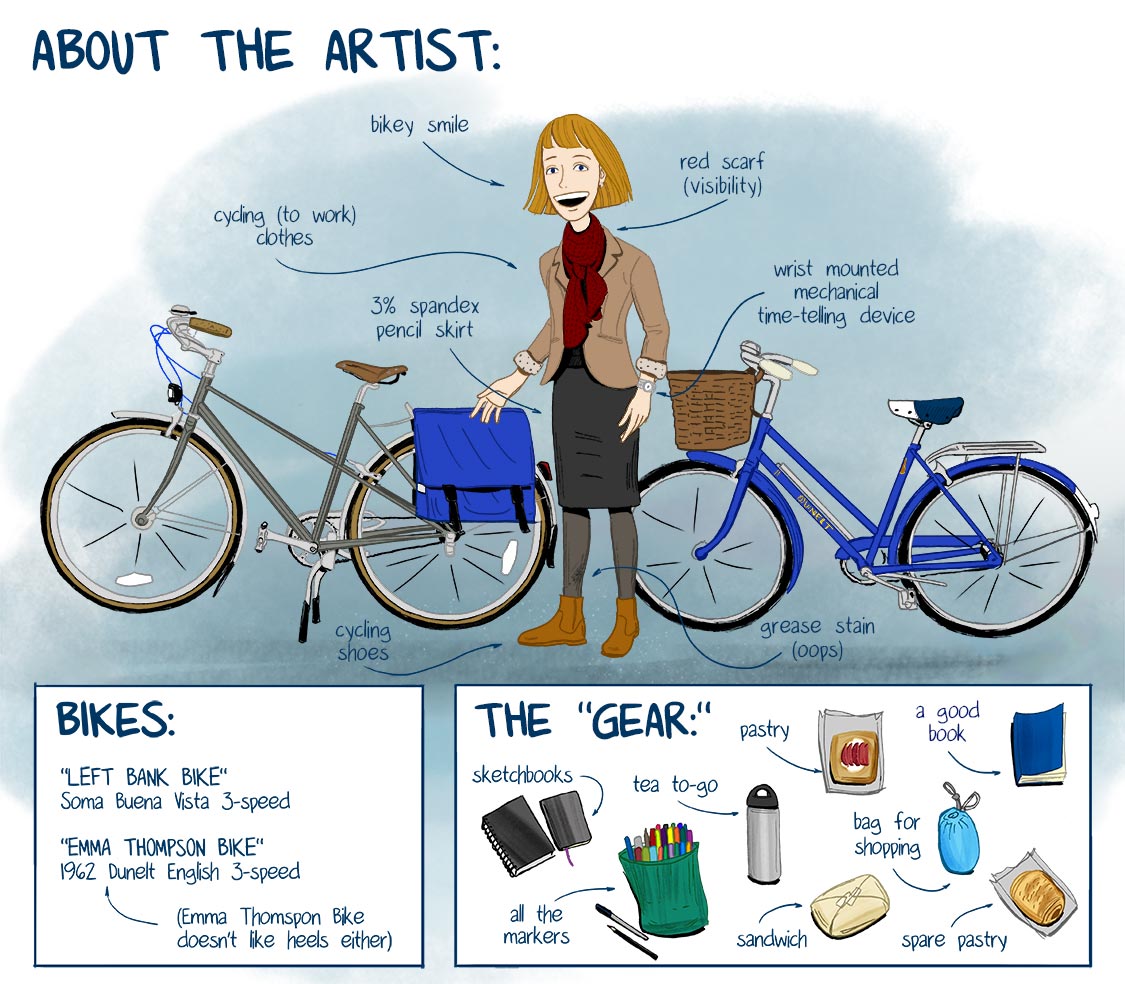 3. What’s your favorite comic that you’ve drawn? What (if it’s different) has been the most popular one?
3. What’s your favorite comic that you’ve drawn? What (if it’s different) has been the most popular one? 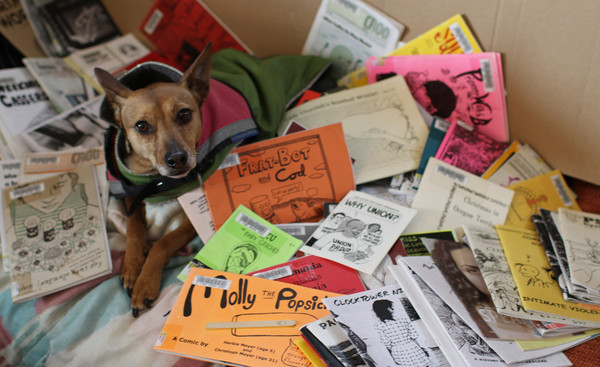 So. We’ve heard that you like books.
So. We’ve heard that you like books.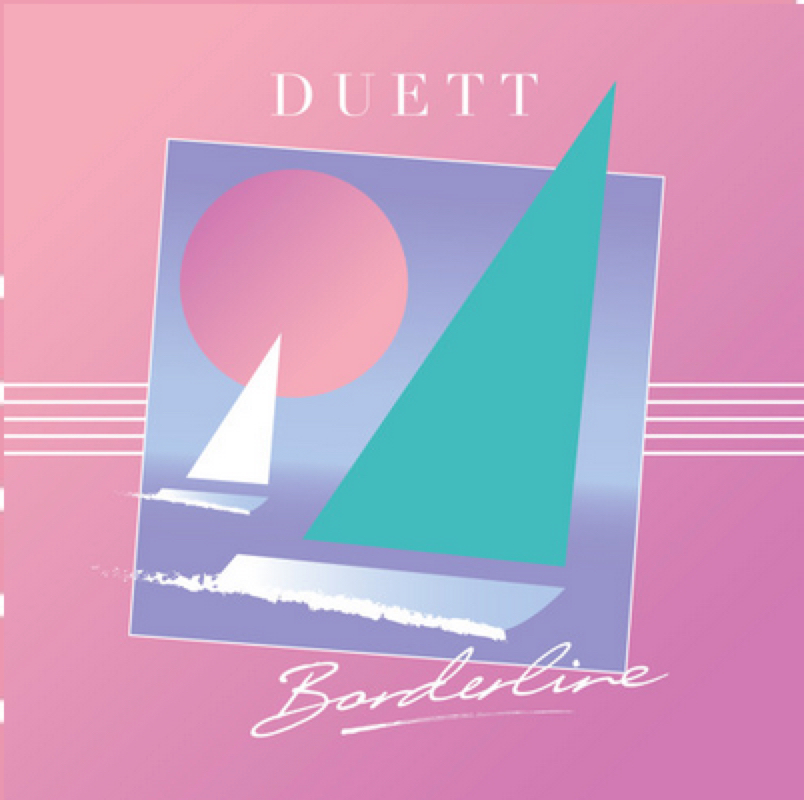 Here’s what we absorbed from the media waves this month.
Here’s what we absorbed from the media waves this month.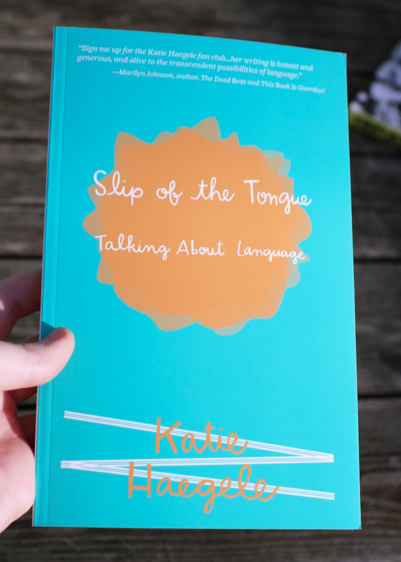 I knew I was going to enjoy Slip of the Tongue from the moment I held the skinny teal book in my hands. The bookish-English-major-nerd within me was immediately taken with Katie Haegele’s collection of essays, which attempt to make sense of the world through our collective and individual use of language. What I hadn’t anticipated was just how captivating I was going to find the author and her book.
I knew I was going to enjoy Slip of the Tongue from the moment I held the skinny teal book in my hands. The bookish-English-major-nerd within me was immediately taken with Katie Haegele’s collection of essays, which attempt to make sense of the world through our collective and individual use of language. What I hadn’t anticipated was just how captivating I was going to find the author and her book. 